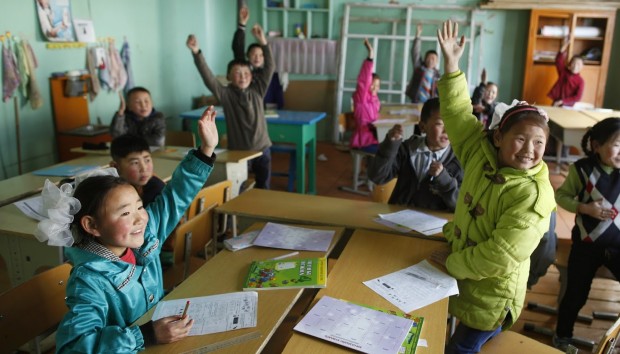School grants give Mongolian children new interests and skills

The government is implementing the Education Quality Reform Project with US$30 million financing from the World Bank.
School grants give Mongolian children new interests and skills. The government is implementing the Education Quality Reform Project with US$30 million financing from the World Bank. The project focuses on improving students learning through better assessments of their skills, improving teachers’ training and supporting schools through small grants. The third pillar is a so-called “Talent Program,” which is a school support program to increase discretionary spending at the school level to provide further educational enrichment opportunities and increase educational quality. Since implementation began in 2015, 640 school projects in over 635 schools have been selected and awarded grants ranging from US$2,000 to US$3,000. While more schools are selected and put their grants’ money to work, children across Mongolia today have more opportunities to explore new interests and develop skills. Mongolia has successfully extended access to pre-primary and basic education since its transition to a market economy in the 1990s. Nearly 30% of Mongolia’s population are under the age of 14, and 12% are under the age of five. With so many young children, the country has successfully increased access to basic education, but Mongolia is now placing a sharper focus on improving the quality of primary and secondary education. Since its transition to a market economy in the 1990s, the country has made strides on getting more children to school: current national net enrollment rates of 90% and 82% for primary and secondary education are comparable to other middle income economies. In 2008, the entrance age into primary school was lowered from eight to six years of age, and the basic education cycle was extended from ten to twelve years.
